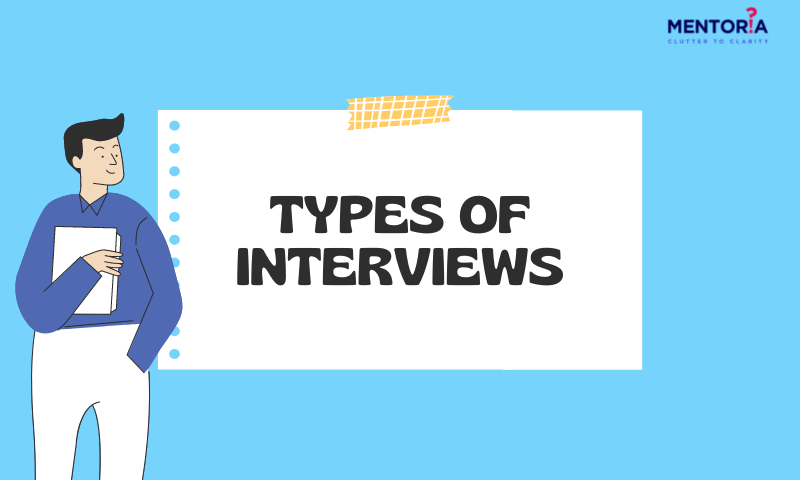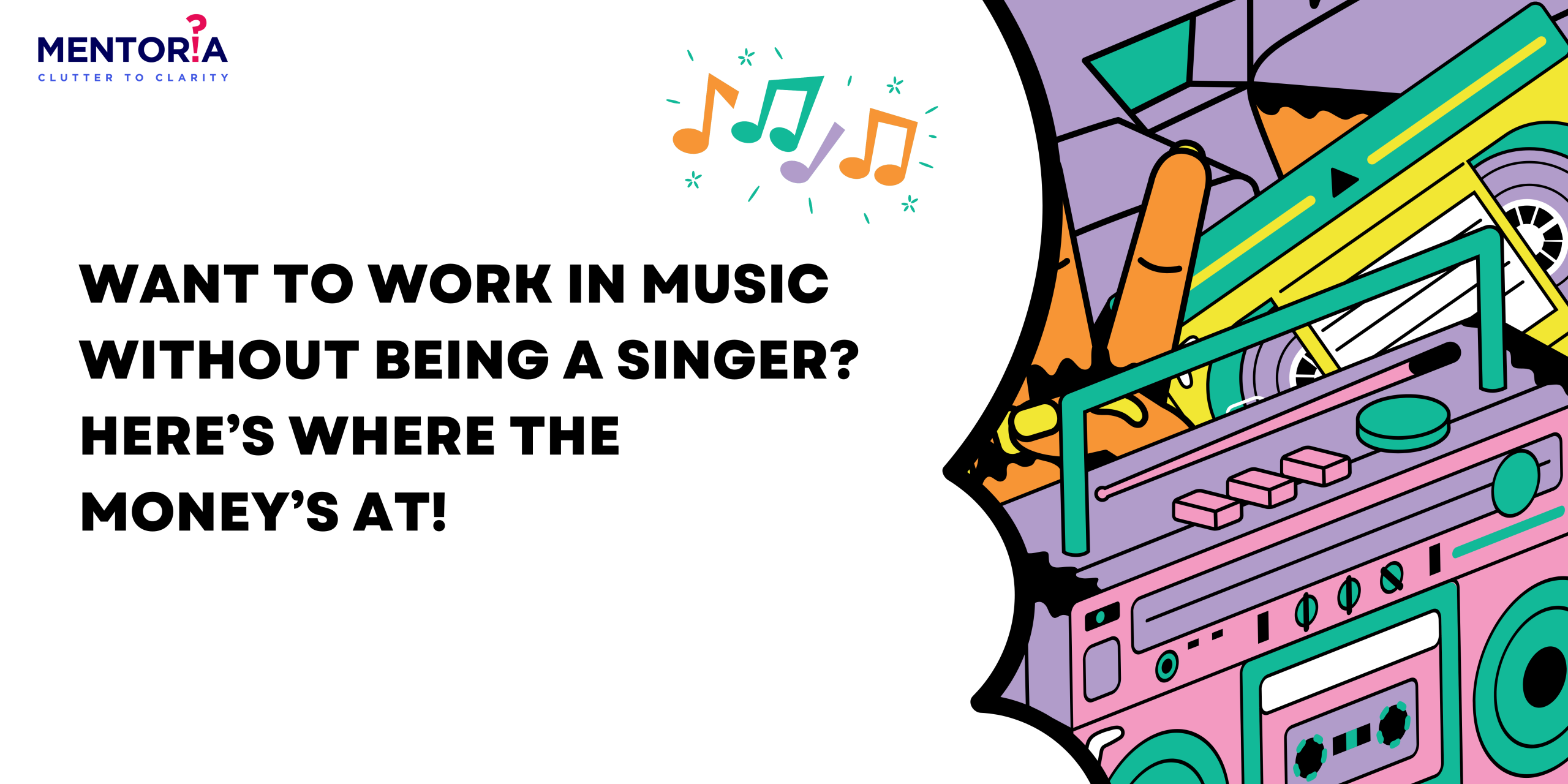Types of Interviews

Interviews have this weird power to bring out anxiety and restlessness in everyone. The idea of three or four strangers evaluating your every word and move to decide if you’re a right fit for their company can be intimidating for anyone! According to a survey, at least 92% of people are scared of interviews. If you – like me – are one of them, then here are some tips to ace your interview.
Interviews can go bad only when you’re not well prepared for them. We don’t want you to mess up your interviews, so we have prepared a list of common interview errors you can avoid.
While interviews follow a common pattern to get to know you better, there are different types of interviews you may come across while applying for jobs. We’ve compiled them all together for you – scroll down to check them out!
Types of Interviews You Should Know About
1. Traditional Interview
This is the most common type of interview, and its purpose is to help you build a rapport with your interviewers. So, the questions in this interview are usually straightforward, just to get to know you better. The typical interview questions would include, “Tell me about yourself,” “Why do you want this job,” or “Why should we hire you?”. Here are some tips for tackling a traditional interview. This interview takes anywhere between 30 minutes to two hours. A traditional interview is like a test drive interview. If the interviewers feel like you have the potential, you will be invited for one or two more rounds of interviews.
2. Behavioural Interview
Behavioural interviews would help your interviewer evaluate your actions in a professional setting. Your interviewers want to know how you would respond in difficult situations. For instance, if you applied for the teacher position, the interviewer could ask you what you would do if you had a student who refused to listen to you. We’ll give you a little trick to ace a behavioural interview: just follow the STAR method. STAR here stands for Situation, Task, Action, and Results. Read this article to learn how to frame your answers using this technique.
3. Serial Interview
This interview is different and can get a bit tiring. Don’t worry though; we’ve got your back! A serial or sequential interview is a series of interviews in quick succession. For instance, you’ll probably be invited for a long interview from 1pm to 5pm, where a series of interviewers will meet you one by one to ask you various questions. This helps your interviewers to get a better understanding of you. If you are lucky, they will take you out for a lunch interview! We’ve talked more about lunch interviews below, but for now, go through these tips to ace your serial interview.
4. Video Interviews
The Pandemic changed the way we live, work and even interview! One of the perks of the video interview process is attending them from the comfort of your home. It saves travel expenses and serves as a significant screening process for desirable candidates before an in-person meeting. However, ensure you don’t get too comfortable for this interview. You’d still need to dress formally, find an appropriate place to sit and treat it just like an in-person interview. Here are some tips to ace your next video interview.
5. Lunch Interview
Lunch interviews usually take place in a cafe or a restaurant. While it may be easy to get distracted by the casual setting or food, here’s a bit of advice – do not let your guard down! Regardless of the setting, this is still an interview and your every move is being analysed by your interviewer.They are trying to understand your business etiquette, communication, interpersonal skills and, most importantly, social skills. These interviews are usually conducted for jobs that require you to communicate directly with clients. Click here to learn how to master lunch interviews.
6. The Case Interview
If you are looking for a consulting job, you may encounter what they call a case interview. Here, you get a hypothetical situation to solve a work-related problem. How you respond to it will decide whether you get the job. The primary purpose of the case interview is to analyze your analytical and problem-solving abilities. These interviews are conducted for client-facing positions. Want to learn more about case interviews? Here’s a fantastic resource.
7. The Group Interview
Group interviews address a group of candidates together. If you choose to go into hospitality, food service or retail, you may give these interviews. Group interviews are preferred by employers who want to find many employees in a short period. Wondering how to succeed in a group interview? Click here to find out!
8. The Working Interview
The working interview is a hands-on interview, where your interviewer will give you a task and evaluate you based on how well you perform it. This hands-on approach tells the interviewer if you have the potential to perform well in real-life job-oriented situations. Click here to know more about this type of interview.
9. The Career Fair Interview
The Career fair is a recruiting event where you meet potential employers. A career fair interview allows you to network and build better connections with people, which will help you in the future. In the Career fair Interview, your first impression means much more than you think. Here’s all you need to know about career fair interviews.
10. Stress Interview
A stress interview is conducted to recruit you for jobs that need you to adapt to new circumstances constantly. A stress interview critically evaluates how effectively you can perform under pressure. The interviewer can come across as aggressive during their questioning, or even be uninterested in your answers. If you are preparing for a stress interview, here are some questions you should prepare for.
Don’t Stress, We’ll Help!
Need help cracking your upcoming interviews? Mentoria’s JobReady plans help you build the right CV, prepare for interviews and plan a solid application strategy to land your dream job. Click here to view our plans and get guidance in finding your next job!










